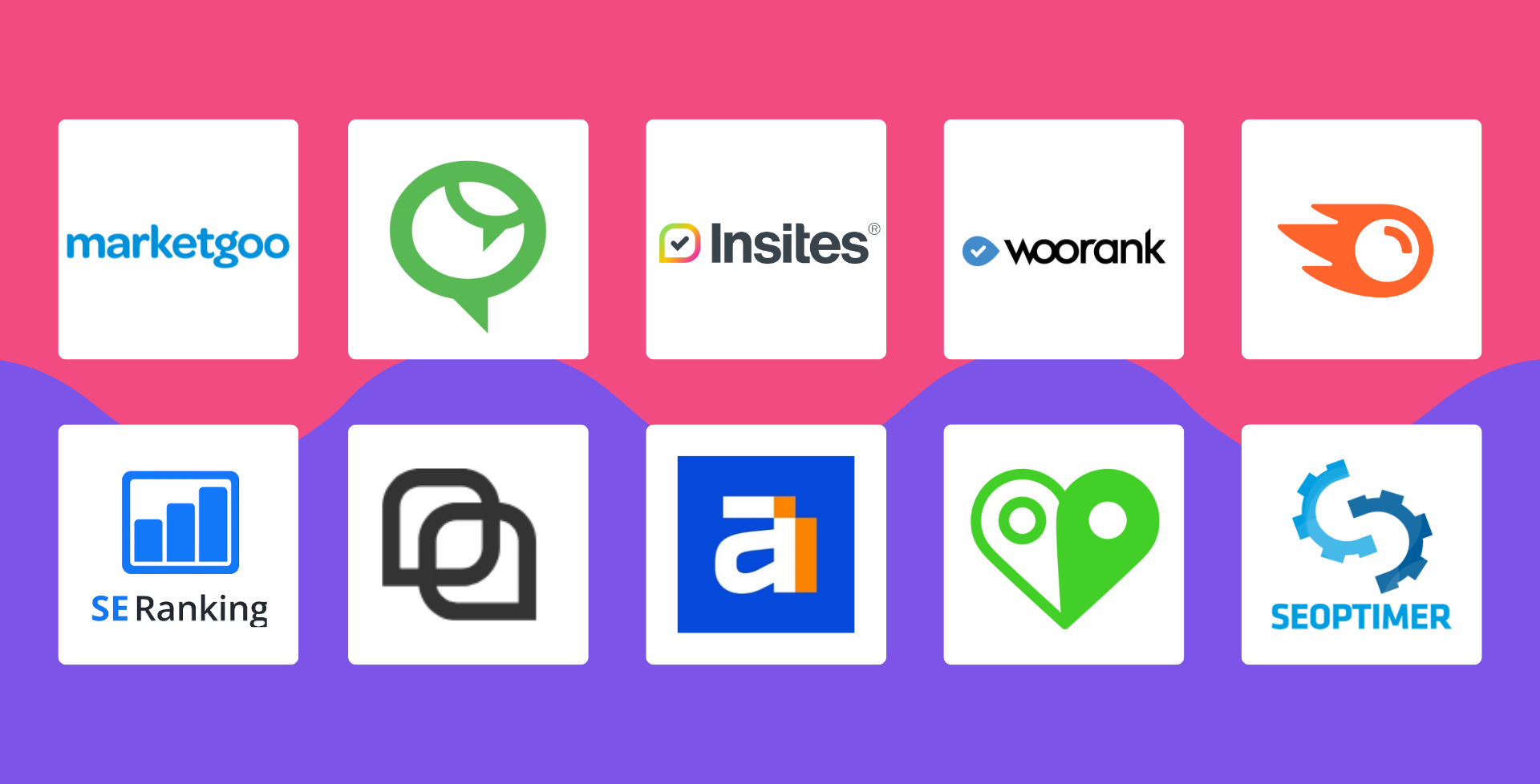Get faster sign-off on your customer’s website by auditing their staging site
Coral Wood • June 1, 2023
If you sell web services to your clients, you’ll have had meetings where you’ve had to demonstrate the improvements you’ve made on the site you’ve designed for them. You’ll talk them through the improved design, usability, and even the changes to their SEO ranking, only to be hit with the old classic, “it’s just a new design, though?” or everyone’s favourite, “I could’ve done that!”
But you and we both know that’s not true. Though, we can agree that it’s not easy proving it, particularly if the site isn’t even live yet. That’s why we recommend auditing your client’s staging site.
 TL ; DR?
TL ; DR?
– Step one should be auditing their existing site so you know the benchmark
– Audit the staging site before you present it or push it live so you know where you can make improvements
– Make auditing easier with tools like Insites, SEMRush and SE Ranking, Ahrefs & more
Before creating your staging site, audit!
When trying to explain to a client that they could get more business if they improved their SEO ranking, site build, or even performance, we all know it’s best to be backed up by data. So first and foremost, have a thorough audit of your client’s site. And by that, we don’t just mean a finger in the air assumption on their build and a flick through their GA4 results. Dig as deep as you can into their sites, and give them a thorough overview.
Here’s our cheat sheet to help you figure out what to look at!

SEO
- Do they have alternative text missing on image links?
- How many content pages do they have, and how much content overall?
- Are headings defined?
- What search terms are they using?
- How do these rank against their competitors?
- Do they have a sitemap?
- What is their Google Core Web Vitals score?
Website build
- When was the site last updated?
- What is the quality of their code?
- Are they using any analytics tools?
- If so, which ones?
- Are they still using Google Universal Analytics?
Reality vs. the dream; your staging site’s audit
Now you know what you’re dealing with, you can reflect this in the site you’re building for your client. Once you’ve built your staging site though, don’t just assume you’ve made everything infinitely better. It’s important at this stage to audit your staging site to make sure it is better than the one you’re looking to improve. And, you guessed it, the only way to do this is by running a second audit.
Run through the same points in our cheat sheet and compare the two results, like for like. With the results presented side by side, you can take this to customers for faster sign-off, as who can argue with those great stats?
Let your site audit do the talking
So you’ve not only improved their site, but now you’re able to prove it. Great job! This is how you get a faster sign off from your customers and sell more. With a like for like comparison with hard data, you’re in a better position to sell that site to your client as, despite all clients loving a sparkly new site, nothing quite beats the knowledge that this new site will help them get more leads, more buyers, and a first page ranking on Google.
Do you know where the best place to hide a body is? The second page of a Google search…
Trivia
How to audit your site efficiently (with the help of tools)
Save time (and your sanity) by speeding up your staging site audit by using website and online presence auditing tools:
- Insites allows you to audit staging sites in just 60 seconds, giving you a full run-down of errors and insights into performance, SEO, comparisons to competitors and more. Insites will combine on-site factors from the staging site with off-site factors from the live site, to give a true picture of how the site will perform when it goes live. Better yet, it shows you the difference with their side-by-side comparison feature.
- SEMrush is a firm favourite when it comes to SEO auditing with a helpful breakdown of broken links (and where to find them).
- Heap
and Mixpanel
give you an insight into user performance and help you understand where they’re engaging with your site, and more importantly, why you’ve got a low CLS or FID rate.

- SEOpal , launching soon, is an SEO monitoring tool that gives you a report on your SEO stats and keeps on top of your site for you, giving you updates when something needs improving on your site.
Sold? Get ready to upsell
They’ve signed on the dotted line and you’ve finally published their new and improved website. Where do you go from here? Well, don’t stop auditing. Their site may be live, but we all know SEO changes are frequent, competitors are always looking to steal your customer’s first page ranking, and a stray update may throw a breaking change in your customer’s site that they just haven’t spotted.
Running further audits will not only present you with upselling opportunities, but also give them a reason to buy . So whether you want to upsell your new SEO monitoring tool or hosting services, a monthly audit will help you keep yourself, and your customers, ahead of the game.
Happy auditing!
 The Insites Team
The Insites Team


























